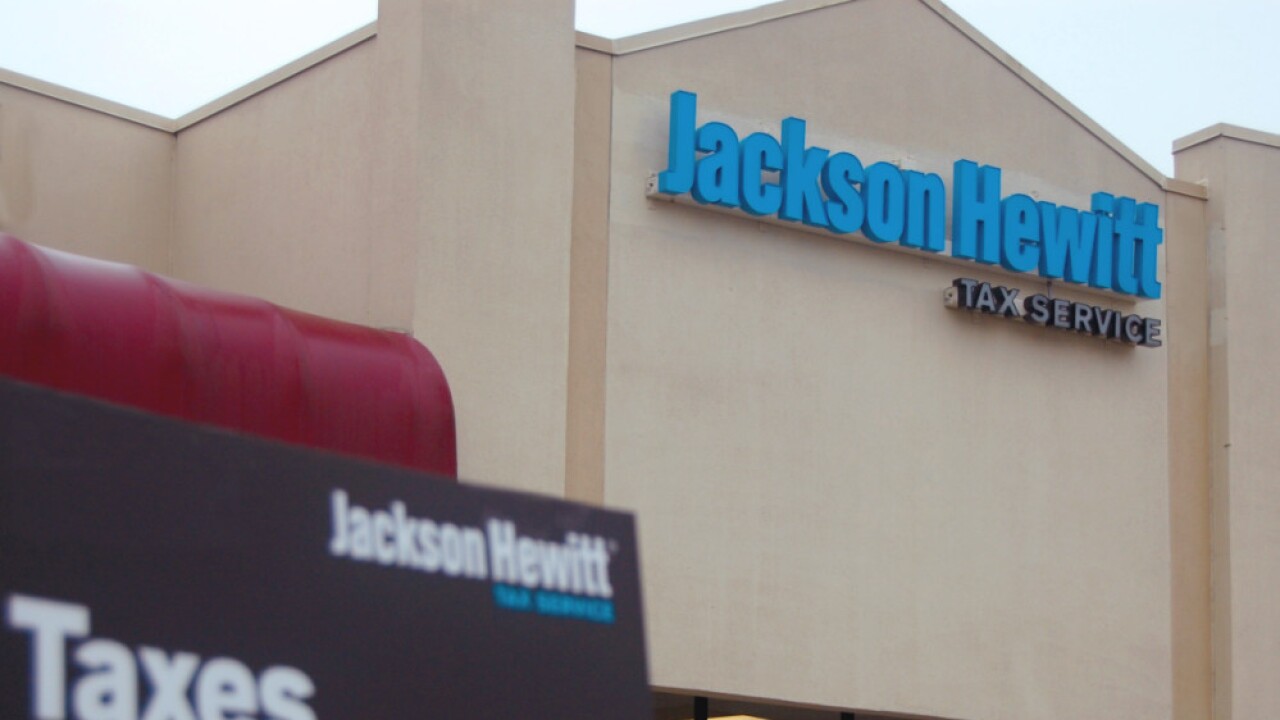Internal accountants and other corporate employees who report financial wrongdoing at their companies may not be able to count on Sarbanes-Oxley Act "whistleblower" provisions to protect them from retaliation.Although those provisions were inserted into the law by Congress to encourage corporate insiders to step forward and report accounting or securities fraud, a new analysis by researchers at the University of Nebraska College of Law found gaping holes in the SOX whistleblower protections.
Under Section 806 of that law, non-governmental employees were, for the first time, granted federal whistleblower protection for disclosing financial malfeasance that materially affected the stock price of publicly traded companies.
When the law was enacted in 2002, those provisions were hailed as groundbreaking advances in the government's effort to prevent the kind of accounting scandals that led to the collapse of Enron and auditing firm Arthur Andersen.
But during the first three years since the Sarbanes-Oxley Act was enacted, only a handful of the 491 whistleblower complaints of retaliation filed with the government have resulted in rulings favoring the employee, researcher Richard Moberly found.
Of the 361 cases resolved by the Occupational Safety and Health Administration - the federal agency charged with initially investigating such complaints - only 13 decisions went in favor of the complaining whistleblower. Although a number of those decisions were appealed to Labor Department administrative law judges, only 6.5 percent of those whistleblower appeals were successful, Moberly reported.
Financial whistleblowers whose cases are turned down by ALJs have the option of appealing those decisions to a federal administrative review board, and a number of complainants did so, the analysis said. But the review board has never ruled in favor of a SOX whistleblower, and has, in fact, overturned three of the six cases that ALJs decided in favor of an employee.
WHISTLE WHERE YOU WORK?
Moberly cited the "surprisingly low win rate" in these cases as evidence that "Sarbanes-Oxley fails to protect employee whistleblowers as Congress originally intended."
According to Moberly, this failure of Sarbanes-Oxley will discourage accountants and other corporate financial insiders from reporting accounting fraud in the future.
"Employees will report wrongdoing less frequently unless they are given credible assurances that they are safe from retaliation," the Nebraska law professor said. "Unfortunately, during the first years of its existence, Sarbanes-Oxley has not sufficiently protected whistleblowers, and thus cannot provide such assurances."
Moberly called on Congress to make several legislative changes in SOX to correct the problem, including lengthening the limitations period for retaliation claims by whistleblowers from 90 days to 180 days, and requiring both OSHA and the ALJs to "publicize and report the types of findings they make in order to better inform the public of the limitations of their decision-making."
He also suggested legislation to address "OSHA's apparent misapplication of the act's burden of proof," which makes it difficult for whistleblowers to win cases.
Additionally, he said, "Congress and OSHA could provide employees more influence and participation in the investigative process, enabling OSHA to consider both sides of the dispute more fully."
As an alternative, "Congress could consider removing OSHA as the primary investigator of Sarbanes-Oxley complaints" and allow financial fraud whistleblowers to seek protection directly from the federal courts or the Securities and Exchange Commission.




